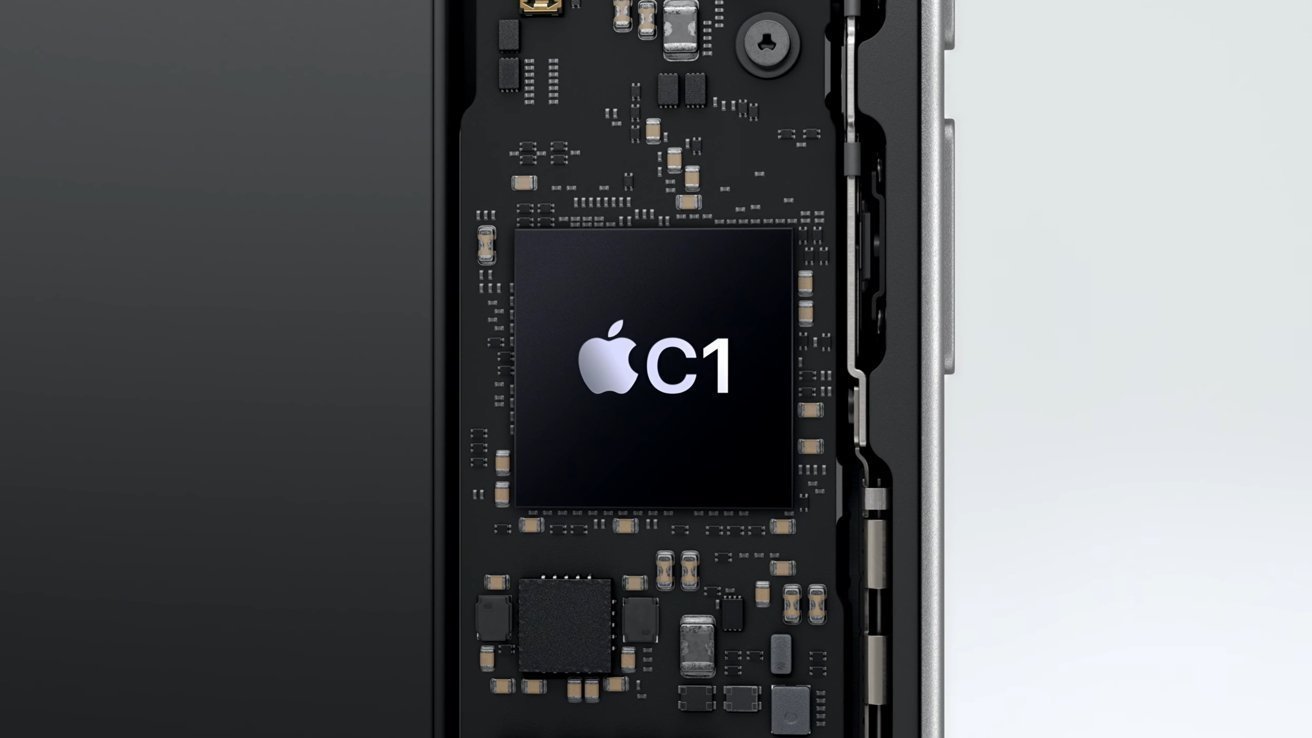Apple is already looking beyond its next generation of M-class chip, designing the future M6 processor that will include an in-house cellular modem for its anticipated 2027 Mac lineup.
The company is currently planning to update its MacBook Pro lineup to an M5 processorlater this year. Other Mac models will get the M5 upgrade as well, after the reveal and details of the M5 chip emerge during the June WWDC conference.
Current MacBook models rely on Qualcomm-based Wi-Fi chips to connect the devices to wireless internet. Apple has made it clear that it intends to move away from the dependency on Qualcomm for these components as soon as possible, though it will still use those chips in some upcoming products.
The anticipated M5 MacBook Pro is not expected to introduce any changes from the present case design, leaving the M5 chip upgrade as its primary new feature. However, Apple has big plans for its 2026 MacBook Pro update, according to a report from Bloomberg.
The 2026 model, which will mark the MacBook Pro’s 20th anniversary, will offer more than just a chip update to the M6. It is also believed to debut a new case design, and is expected to move to a thinner OLED screen.
Cellular modem included
In addition to those changes, Apple is likely to integrate an on-board cellular modem into the 2026 MacBook Pro. This would be based on the existing C1 in-house modem chip used in the new iPhone 16e.
It’s possible that the company could offer MacBook models with and without the modem, with the latter option potentially for lower-end options. The built-in modem could also be part of a future MacBook Air upgrade.
Having a built-in modem in future MacBook models would eliminate the need for using cell phones to tether a data connection when Wi-Fi is unavailable. A MacBook model with a built-in cellular modem could also act as its own hotspot, providing signal for other nearby devices.
The modems would also probably include satellite connectivity and GPS, since the C1 modem already incorporates these features. Cellular data plans from providers may eventually need to adjust data limits to encourage users to routinely use cellular data in future Macs.
Mac cellular modems from Apple could become part of the total System-on-Chip (SoC) package for future Apple processors. Apple SVP of Hardware Technologies Johny Srouji described the C1 modem as the foundation of “a platform for generations” that will “truly differentiate” the company’s technology from those of competitors.





